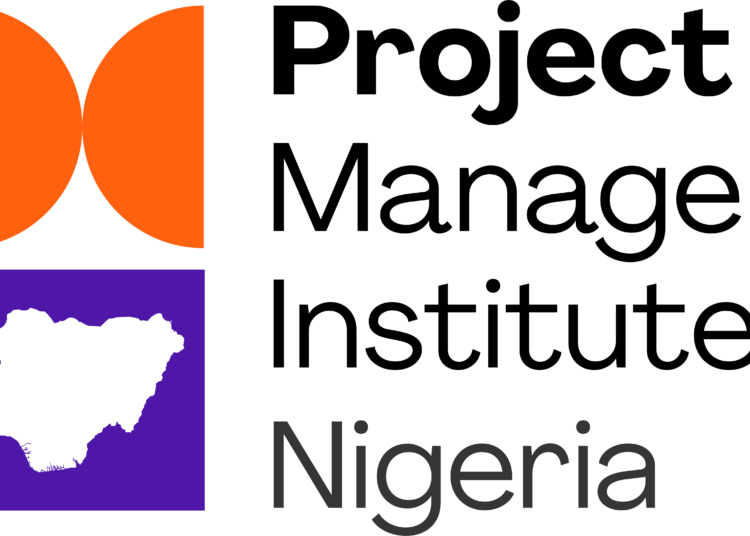The Project Management Institute (PMI) and the International Telecommunication Union (ITU), the United Nations specialised agency for ICTs, have signed a collaboration agreement to enhance project governance, implementation, and the development of future-ready skills within ITU’s global initiatives.
The partnership is grounded in a shared vision to deliver measurable outcomes across key strategic priorities.
One key area of focus is the enhancement of project governance standards. PMI and ITU aim to facilitate policy dialogues and foster knowledge exchange among experts, local and regional government networks, civil society organisations, and the private sector. Developing capacity and equipping communities with future-ready skills also form a key focus of this collaboration.
Additionally, the partnership outlines a commitment to regional knowledge sharing, with a particular emphasis on Africa. With the continent at the heart of this collaborative agreement, the collaboration seeks to address connectivity gaps and unlock opportunities for millions, fostering inclusive and sustainable development.
“We believe that effective project management is critical to addressing Africa’s unique challenges, particularly the significant connectivity gaps that persist across the region,” said the managing director for Sub-Saharan Africa at PMI, George Asamani.
He added, “With a burgeoning youth population poised to drive the continent’s future, it is essential that projects to bridge these gaps are delivered successfully and on time. Our partnership with ITU will be pivotal in equipping stakeholders with the tools and expertise to deliver impactful, timely projects that address connectivity challenges and drive meaningful change across Africa.”
No technology has transformed Africa’s socio-economic landscape as profoundly as the Internet.
Similarly, the director of the Telecommunication Development Bureau (BDT) at ITU, Dr Cosmas Luckyson Zavazava, highlighted the collaboration’s significance, stressing that “In BDT, we work to connect the world by fostering digital inclusion and bridging connectivity gaps, particularly in underserved regions.





